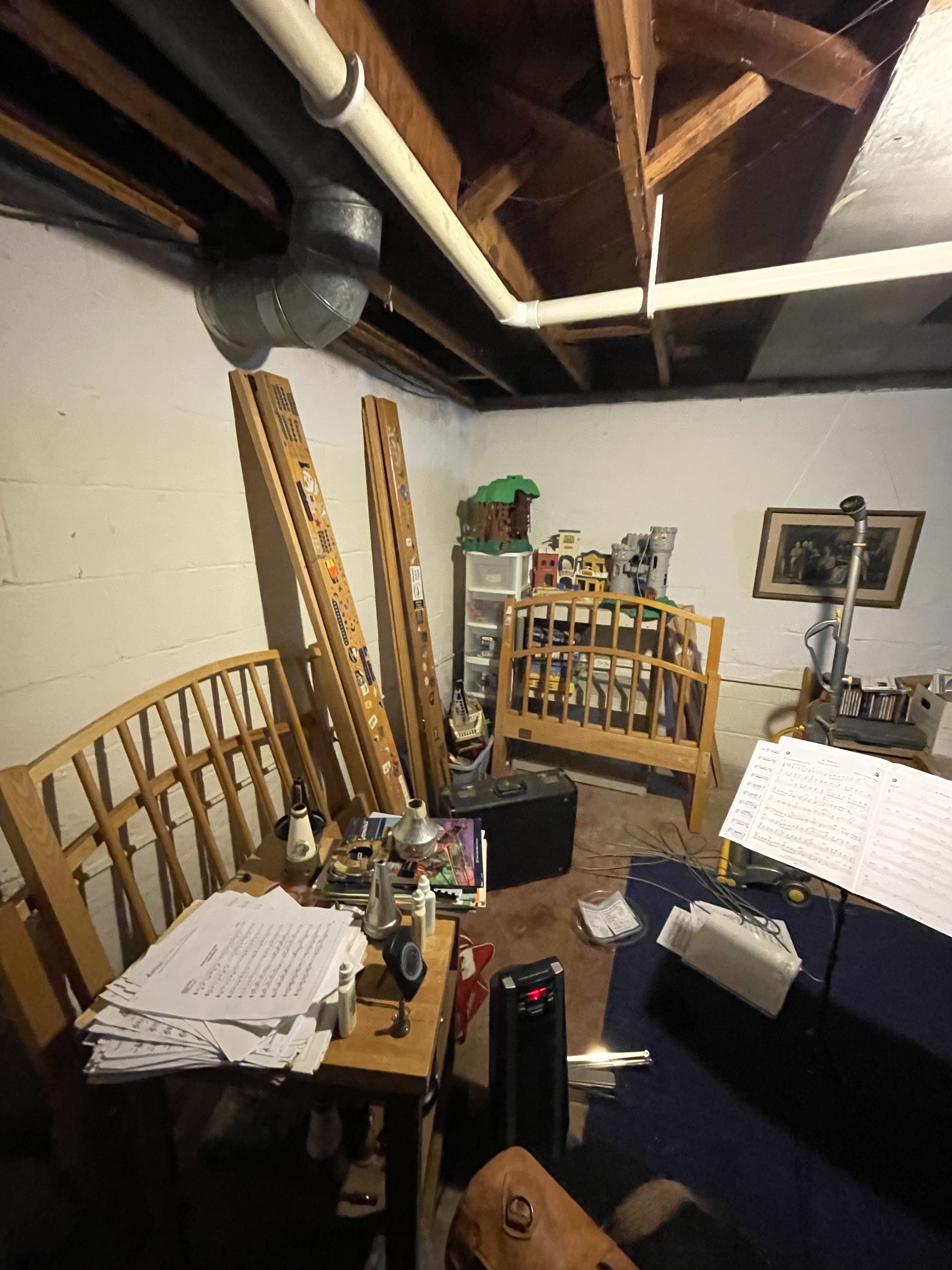

November 2
In my country, intellect and emotion are not permitted to mingle. It is permitted to think abstractly so long as it does not affect you, and it is permitted to feel so long as these feelings stay within you.
My country permits us to feel for ourselves, for family, and for country so long as these feelings are impotent and closed off. We understand that we cannot make any substantial change or choice within the parameters of our lives.
We feel for ourselves: my life does not belong to myself.
We feel for our family: I can ensure a decent life, but only decent. I can maintain these living standards for my children even as these standards fall among the general population.
We feel for our country: I rue the direction of this country. I mourn the loss of freedom and happiness for others within this country. All I can do is shed light on the false jeremiad of our people–we were never free or happy.
Our thinking is closed. To take intellect seriously would be to work through our psychological closure–and this is the last thing any patient wants to do. We are anti-intellectual because any answer we provide to these thought-loops will be deeply painful. You will notice that, when conversations turn serious, Americans can only turn to politics. These frustrated conversations take place when we, as patients, try to say what we cannot say. It is also quite clear to me when we overcompensate, when we take up arms (analysis) but from an irreconcilable distance, still accepting that intellect and feeling cannot meet. We anti-intellectuals (rightfully) recognize these dilettants as pretentious-types because they are discussing serious matters in a plainly unserious tone–forgive the repetition, but, to be serious, you must be willing to probe both intellect and feeling. Until then we are stuck.
We cannot talk about G-d.
We cannot talk about ourselves except for the social limitations imposed on us–why we are not allowed to be ourselves.
We cannot talk about love.



11.22.23.
Weak and incompetent, one hand reached up to see what it could touch and another hand met it.
We sat in orderly rows, requested to give a verbal “yes” to an intricate statement of liability. Moments later, one hand, then the next, reached up to see how the small fans and lights above our heads operated. They automatically switched “on” at a certain altitude, so faintly at first that, with my headphones on, I couldn’t decide if I’d just made it up. The growing number of limbs above the horizon of chairs convinced me; I joined to check for myself. It appears as though we can’t turn them off, only direct them at our neighbors if we wish, if the light or cool air are too much for us.
Airplanes are, like battlefields, among the few remaining sites where G-d still lives. We decide it is rational and safe to travel by plane, then remember its danger only when we board. One fellow passenger crossed himself when we left the ground. And in moments of turbulence, we remember as a group what it is like to fear G-d. This may be the closest we can get to religious experience today.
11.27.23.
We travel for the travel itself. These days of limbo, spent between destinations, are not only the perfect circumstance for contemplation, but they are testaments of our dedication–of dedication in the abstract. We see our childhood home and it is not the time in our hometown or with our family that we remember long after, but our travel to and fro. Driving across the country to see you is a promise to you and a promise to myself that our relationship is non-negotiable, a duty. And why should we hate this duty? Because it infringes on our personal freedom? Freedom to do what, exactly?
This is also how life operates. We do not decide meaning moment-to-moment. We stake our lives on certain values, non-values; relationships and non-relationships. Our joy in the-little-things only begins from this point. We toil in service of what’s important to us: we do not choose to work for 40 hours, but we decide “beforehand” what we are willing to give up for ourselves, our desires earthly or noble, our ideals. What we are willing to die for: you might think that this is the opposite of compromise, but it is compromise itself. It is this space in-between, the things we give up, which really matter in our moral ledgers.

11.30.23.
There are now two people working the job I used to do alone. For the most part, they sit idle at the front desk, making conversation with each other. This is a good thing, and rare–more jobs! Why shouldn’t we extort the places extorting us? I don’t care if there’s “down-time,” it’s not hurting me. And I can’t in good faith envy them, even if their passive hours will be a bit less grating than mine were, and even if they make $1 an hour more than I did when I worked the front desk. Because I work “upstairs” now, in a windowless office performing much dryer tasks and sitting much closer to our insufferable boss, true, but receiving a real salary in turn. I can’t complain. Besides, I prefer to spend time alone, particularly at work. So the time I did spend at the front desk I’m glad to have spent alone–reading, thinking with languor, shutting off. I long for it now, but that’s just the thing–these times are only enjoyable if they are transitional. That job paid $16 an hour for 30-something hours each easy-going week, with little to no visitors bothering me–the highest ideal for the aspiring but repressed bourgeois. Plenty of time to write. But this couldn’t last forever. I had to get serious, I knew then as well as you do now. So when two or three women simultaneously left their jobs “upstairs” (one quit, one was fired, another quit), I was approached by the Director and knew that I didn’t really have a choice. I was friends with the woman who quit last, who told me that the Director talked shit about everyone with everyone else; that he did not like when I read on the job; and that he would soon offer me her job because he had no other choice. I knew what salary she made and what I could squeeze out of him. I knew that this would be an unpleasant job. And I knew that, for all of his shit-talking, the Director liked my friend and I because we did not say no: we groveled to him as employees, and we groveled to our circumstances in a more fundamental sense: we did not have the power to act otherwise. I needed to pay rent and, though I was getting interviews with plenty of other low-paying non-profits, this was my only bite. I said yes. It’s been a year and change and the other two women have not been replaced yet–but now there are two of me, two people at the desk. The first was approached by my Director to work a few more hours each week, but he gradually began to decline when this work became increasingly menial and manual. I talked the Director down when he threatened to fire him outright, so things returned to normal. Now he has approached the other, newer employee at the front desk about working more hours, this time with more conventional office work (perhaps because she is a woman and moving chairs and tables around is not befitting). I am supposed to train her on a few things this afternoon, when I might tell her: You have a choice to make, even if it appears you do not. No, that’s not exactly it. Not at all, actually. You will make a choice, and even if you can only choose one option, you will have made that choice. I’ve made mine–it is a choice of perspective: We are not free. You cannot say no until you’ve groveled so well that you climb some sort of ladder and gain the right to act as a prison warden on behalf of the real decision-makers; at which point you can say no to the people below you, since you are simply carrying out the mandate of heaven from the people or things above you. I would like to tell this to my coworker. She should be conscious of the contract she is about to sign. But this would only implicate me further in the whole business, so I may as well take another soul down with me. At least I’ll have a friend in the office.
